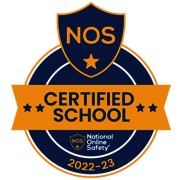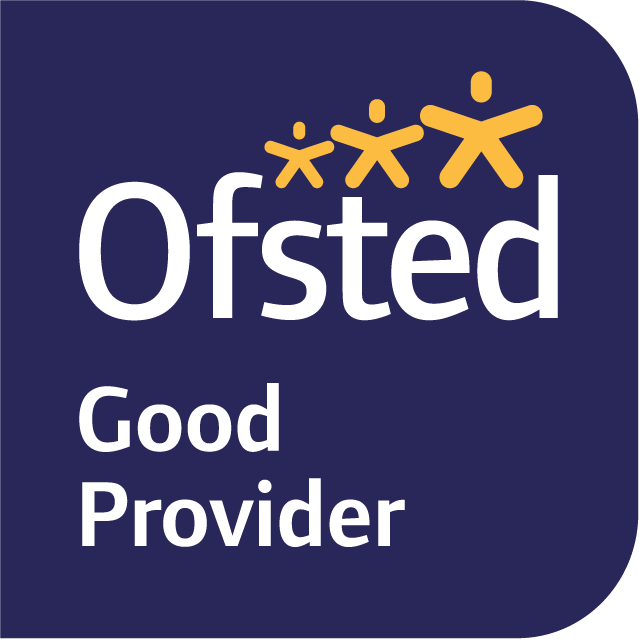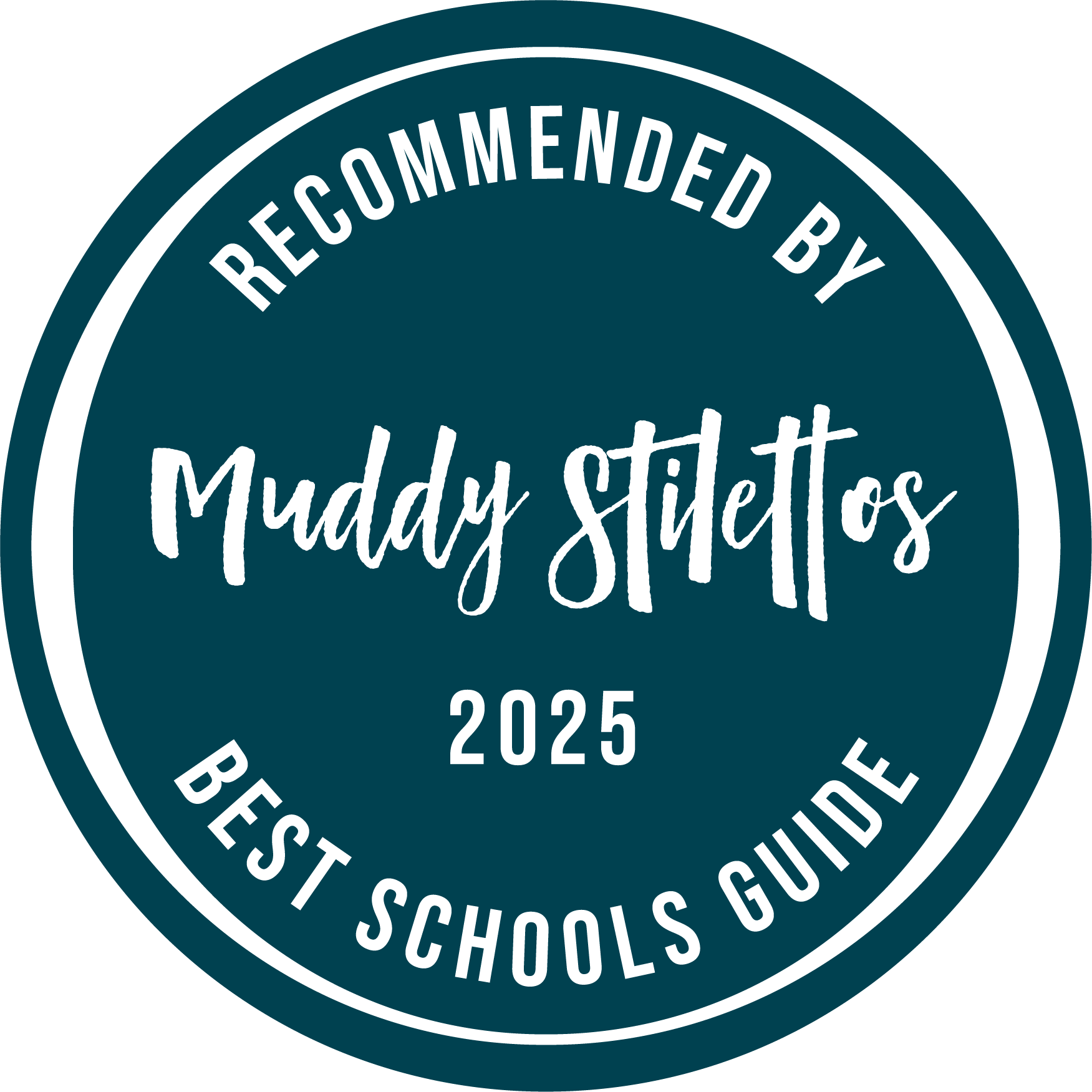Online Safety
 At Michael Hall we believe that online safety is an essential part of safeguarding and acknowledge that we have a duty to ensure that all pupils and staff are protected from potential harm online.
At Michael Hall we believe that online safety is an essential part of safeguarding and acknowledge that we have a duty to ensure that all pupils and staff are protected from potential harm online.
We appreciate that the internet and associated devices, such as computers, tablets, mobile phones and games consoles, are an important part of everyday life and we believe that pupils should be empowered to build resilience and to develop strategies to manage and respond to risk online.
Please do check in with your child and start conversations with them about their online activity. Check that they do know they can talk to you and how to report any concerns they may have. As always, we hope to encourage all pupils to be kind to one another.
All staff are trained as part of their safeguarding duty to pass on any concerns to Mrs Charlotte Parker, the Designated Safeguarding Lead who has lead responsibility for Online Safety.
We want to ensure that pupils are spending time online safely both in school and at home. We educate them in knowing how to recognise risk, and how to report anything that concerns them.
AUA – Acceptable Use Agreement
‘Online Safety’ at home
Thinkuknow is the education programme of the Child Exploitation and Online Protection Centre (CEOP) aimed at keeping young people safe online. They have prepared many helpful information sheets for parents which you can access here: www.thinkuknow.co.uk/parents
There are also #onlinesafetyathome packs prepared by Thinkuknow, which may be helpful to use at home. You may like to follow their Cyber Aware steps, which includes how to practise good cyber hygiene, to make things a little safer too.
The Internet can be very positive, both educationally and socially. Children just need to be aware of the risks, and know how to report anything that makes them scared, worried or uncomfortable.
Do make appropriate checks on anyone online offering educational support to you and your child. Please be advised that there has been an increase in social media posts from teachers, or people posing to be teachers, offering to support families in a variety of ways including teaching and offering online tutoring or providing online support. This is not regulated and is open to risk when families are at their most vulnerable. Please ensure you are mindful of this and seek appropriate advice if making alternative arrangements.
As a family, try to have technology-free times, and technology-free areas in the house. Share quality time together, away from technology. Ensure that your child takes regular breaks, particularly if they are working online. Having some structure to the day is also really good for positive mental health.
Be aware that parental control tools and filters are not always 100% effective and you cannot rely on them alone to protect your child online.
Talk to your child about being kind online and encourage them not to retaliate or reply to cyberbullying, and to keep any evidence of unkind, or worrying behaviour via screenshots. These incidents should be reported to the police if they are of a serious nature, otherwise report them to school.
Concerns
If your child discloses an online issue or concern to you, please listen and take their concerns seriously. Also, be alert to any changes in behaviour, or if they become very secretive about their online behaviour, as this may indicate that something is upsetting them online.
Support your child to report and block people online who may have tried to contact them, or have sent them inappropriate messages or content. See below where to report to:
Inappropriate content: https://reportharmfulcontent.com/
Terrorist content: https://act.campaign.gov.uk/
Child Sexual Abuse Imagery: https://www.iwf.org.uk/
Online Child Sexual Abuse: https://ceop.police.uk/
Another important area of safeguarding are the risks and signs of radicalisation and extremism, and how these may present in young people. Internet Matters have created a video which highlights grooming for extremism. Their website also gives expert advice on practical ways you can protect your child from being radicalised and how you can support them.
The Designated Safeguarding Lead and Deputies are available to discuss any concerns that you may have. Please contact: [email protected]
Helpful websites:
Childline also provide a helpline for children: 0800 1111
BBC “Own It” Website and App:





